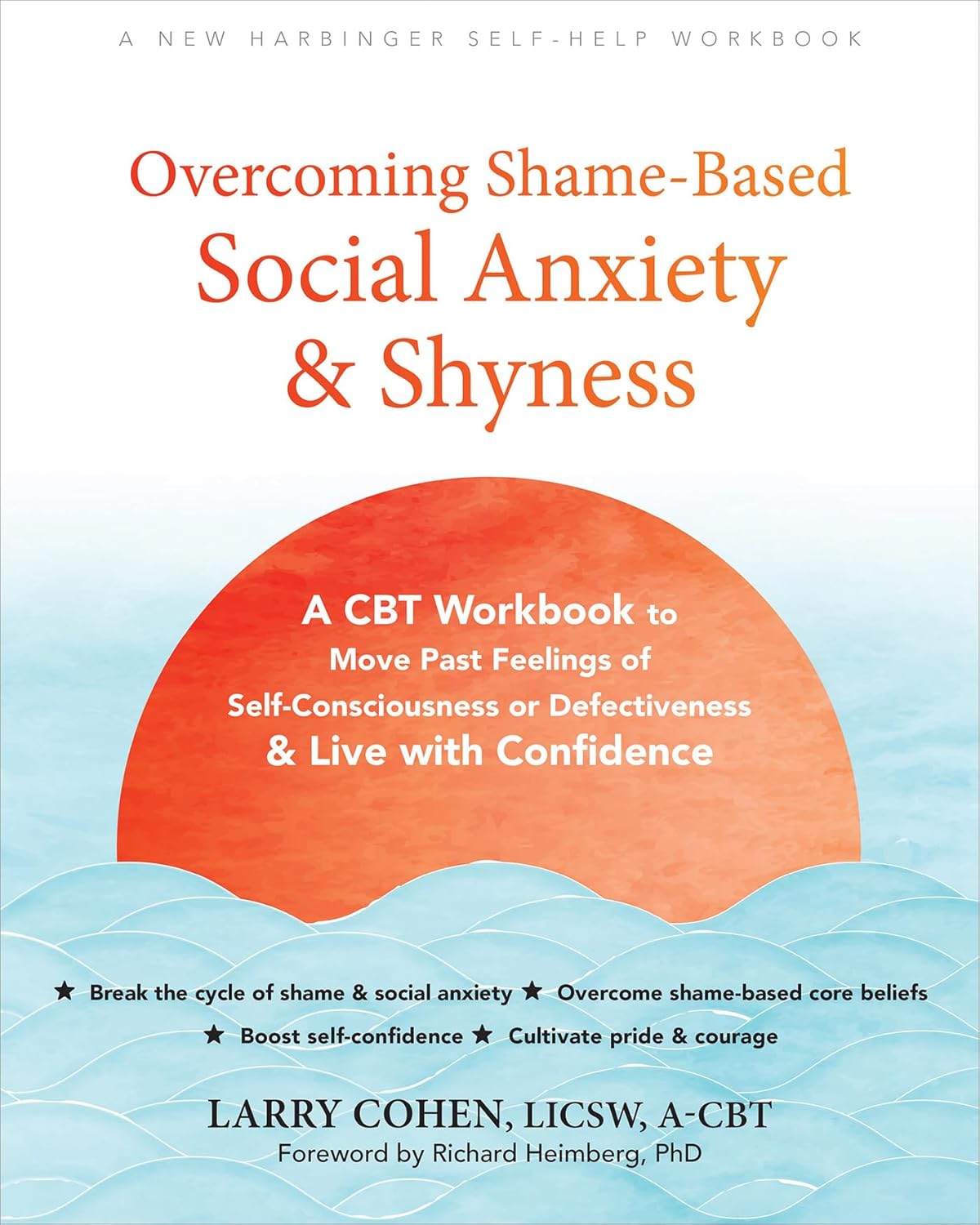The biggest fear of individuals with Social Anxiety Disorder (SAD) is that of being found to be deficient and judged for the deficiency.
What does one do so that our deficiencies remain undetected and we are not judged for them? How do we remain safe?
The best solution would be to avoid people and situations where you face the risk of your flaws being detected. If you have social anxiety, avoidance of people is likely to be your go to solution to escape the risk of judgment.
However living your life without interacting with people is close to impossible and there is also no getting away from possible judgment. So what does one do if one is around people and wants to eliminate or reduce the risk of judgment? The option of avoidance still holds good and is typically done by going into camouflage mode which translates into melting into the background and having minimal interactions.
Another solution that is often used is that of being as correct and perfect as possible so that no deficiency is evident. While this sounds like a fool proof plan, how easy would it be to be so perfect that no flaws come to light and no judgment comes one’s way? Besides, there is also the variability of what is considered deficient and what is not.
Despite it not being the best solution, fear of negative judgment typically drives individuals with social anxiety towards this fear fueled option.
When Does Perfectionism Become Maladaptive?
Adaptive perfectionism has been defined as striving for reasonable and realistic standards that lead to a sense of self-satisfaction and enhanced self- esteem. There is a flexible pursuit of success and minor mistakes are allowed. Socially this would mean that one follows the rules of conduct such that one is respectful of others and adapts to different social situations in a flexible manner without being too concerned about minor slip ups.
In maladaptive perfectionism there is a tendency to strive for excessively high standards and it is motivated by fear of failure and concern about disappointing others. Little margin for error is allowed (Hamachek, 1978). It has also been suggested that pathological perfectionism is present when personally demanding standards are pursued despite significant adverse consequences be it emotional, social, physical, cognitive or behavioral (Shafran et al., 2002).
In terms of social interactions this would mean that rules of conduct are followed in a very rigid manner and is driven by fear of failing socially and being judged by others. It triggers distress and social occasions are usually not viewed as being rewarding. Social situations are often a source of distress and higher the levels of distress the greater the indication that high levels of maladaptive perfectionism have a role to play. Studies have reported that individuals with social anxiety have significantly elevated perfectionism (Antony et al., 1998; Saboonchi, et al., 1999).
The Costs of Maladaptive Perfectionism
Imagine facing the stress of going on a first date and then also having to ensure that you meet very high standards to ensure that nothing about you could be judged whether it is your appearance, quality of your speech, conversation etc. Trying to be perfect in this manner is exhausting and taxing. The demands of perfectionism cause individuals to experience high levels of anxiety and worry prior to the social event and individuals with social anxiety typically experience greatly elevated levels of anticipatory anxiety.
The higher the levels of maladaptive perfectionism, the greater the anticipatory anxiety which makes one want to avoid the social situations even more. This unfortunately leads to a reduced social network, interactions and even social isolation.
When one is trying to be perfect, the tendency to be hyper vigilant of one’s errors and imperfections increases. The focus on one’s imperfections can cause them to seem much worse than they really are. It makes one self-conscious, uncomfortable and anxious. It will not allow one to focus on what is happening around us, to get absorbed in conversations or enjoy interactions. On the other hand it causes tension, anxiety and distress which makes one want to escape and seek solace in isolation. It is not surprising that individuals with high levels of social anxiety often leave social situations when the anxiety escalates, since then there is the added fear of people noticing the anxiety.
When being socially correct is governed by very high standards and rigid rules of conduct social interactions become less spontaneous. The process of self-monitoring to ensure that the standards and rules are being followed results in conversations becoming stilted, and not coming from the ‘heart’.
People who experience social anxiety are usually trapped in a situation where they want to have closer and warmer connections but all that they do to make sure it happens tends to actually prevent it from happening. Their maladaptive perfectionism, particularly when it is very high prevents them from being themselves. This can have the impact of not allowing for real connections that can actually lead to belonging and acceptance.
What people with social anxiety are often not very consciously aware of is the fact that everyone has deficiencies including the people they are interacting with! However their focus is completely on themselves and their own deficiencies so that they do not really see the deficiencies of others. In fact they usually see others as being much more socially interactive and comfortable than they are. They make unfair comparisons that tend to be skewed against them. There are errors in the manner in which they perceive and think about themselves which unfortunately fuels their anxiety and also low mood states. People with social anxiety often also experience co-morbid depression.
Journey from Maladaptive to Adaptive
It is clear that maladaptive perfectionism has several costs and it also comes in the way of achieving excellence. Reducing high standards of perfectionism can be scary but if done in gradual stages you will discover that the costs of the unhealthy perfectionism diminish and you will gain the freedom to be yourself more. The perfectionism is likely to become healthy and failure and rejection that you fear so much is not the outcome. In fact you will be able to function at a level of excellence that is reasonable and does not cause distress.
Seeking the help of a professional would be good since you will have an ally and an expert in your corner who will guide and cheer you on as well.
CBT has been extensively researched and established as an effective treatment for social anxiety. Seeking treatment for social anxiety with cognitive-behavioral therapy (CBT) will help with the perfectionism as well. Studies have looked at changes in perfectionism following CBT for social anxiety and found significant improvements in perfectionism (Ashbaugh et al., 2007; Rosser et al., 2003).
If you think that you have high levels of maladaptive perfectionism that is operating in other areas of your life besides the social arena do talk to your CBT therapist about it. Research indicates that targeting the maladaptive perfectionism in addition to the social anxiety in such cases is important since the response to treatment of the social anxiety can be limited if the maladaptive perfectionism is not targeted as well (Lundh & Ost, 2001; Ashbaugh et al., 2007). In treating maladaptive perfectionism the treatment of choice is also CBT. Your CBT therapist will be able to help you target the maladaptive perfectionism or refer you to someone who has more expertise in the area.
Start your journey today, the destination is worth it!
Share this blog post.











